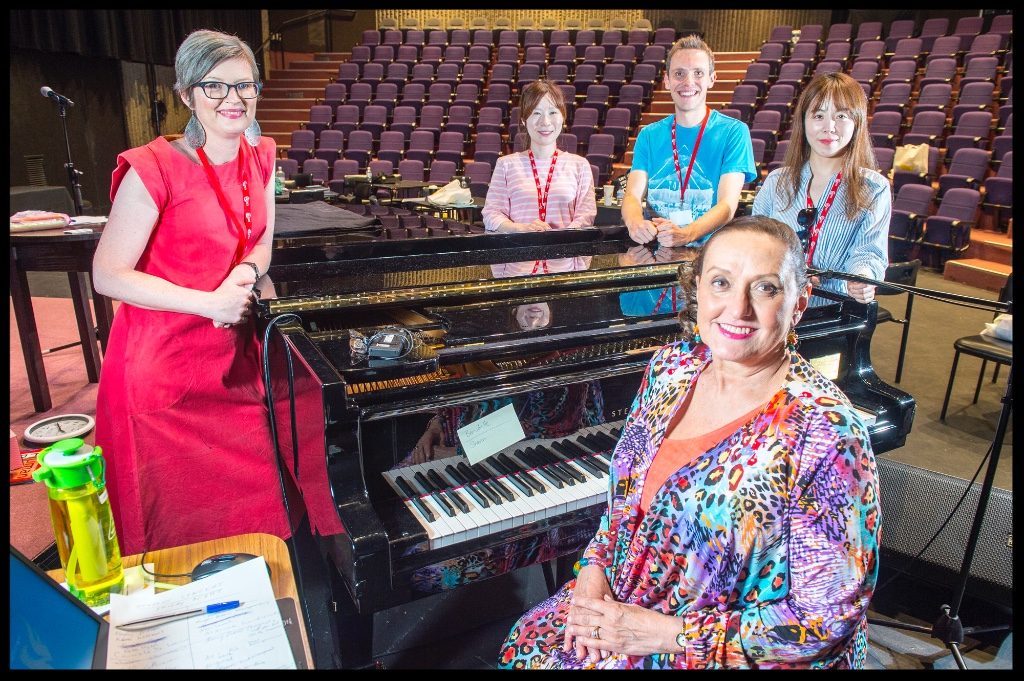
July 26th-28th, 2019
For Somatic Voicework™ Graduates of at least Level II
S oul Ingredients®, led by Trineice Robinson-Martin, Ed.D, EdM, MM, is a voice pedagogy method created to nourish both the development of the voice and execution of one’s own soul’s expression through song. The focus of this methodology is to train the voice as an instrument, develop style, and nurture personal expression within an interdependent framework. Goal and parameters for voice training are determined by: cultural and stylistic expectations of the genre performed; physical vocal capabilities of the performer; and identification and establishment of the performer’s unique personal expression, as articulated through the stylistic vocabulary of the genre being performed.
oul Ingredients®, led by Trineice Robinson-Martin, Ed.D, EdM, MM, is a voice pedagogy method created to nourish both the development of the voice and execution of one’s own soul’s expression through song. The focus of this methodology is to train the voice as an instrument, develop style, and nurture personal expression within an interdependent framework. Goal and parameters for voice training are determined by: cultural and stylistic expectations of the genre performed; physical vocal capabilities of the performer; and identification and establishment of the performer’s unique personal expression, as articulated through the stylistic vocabulary of the genre being performed.
This three-day intensive Soul Ingredients® Methodology Course explores pedagogic strategies for defining and developing these three major areas training as applied to individual singers.temp image rename

 dium of approaches to CCM with an emphasis on vocal technique and function. Somatic Voicework™ is presented within.
dium of approaches to CCM with an emphasis on vocal technique and function. Somatic Voicework™ is presented within.




